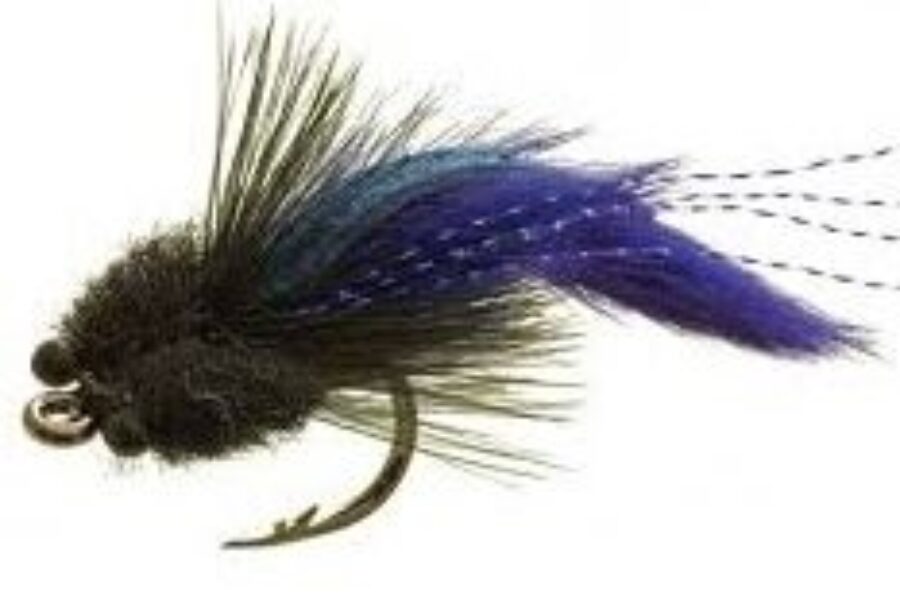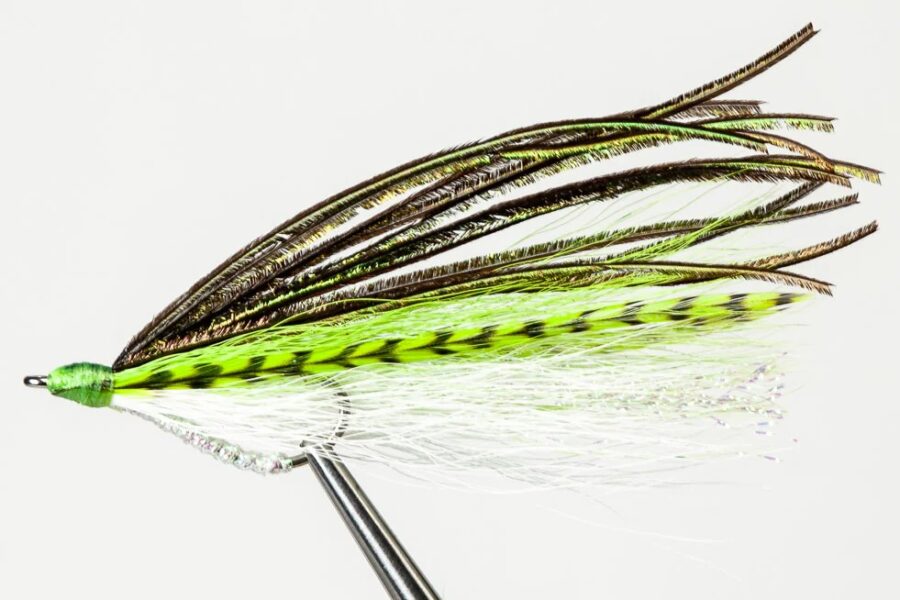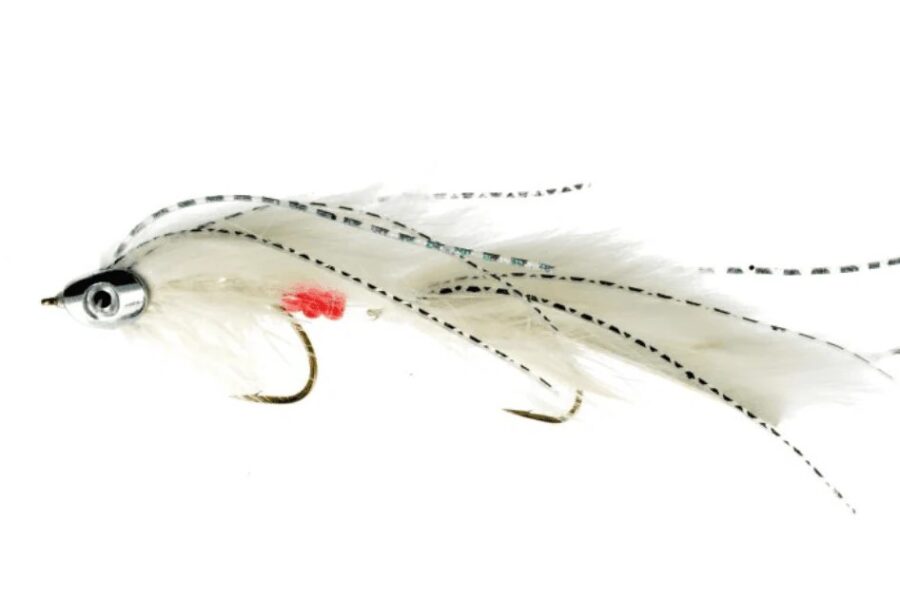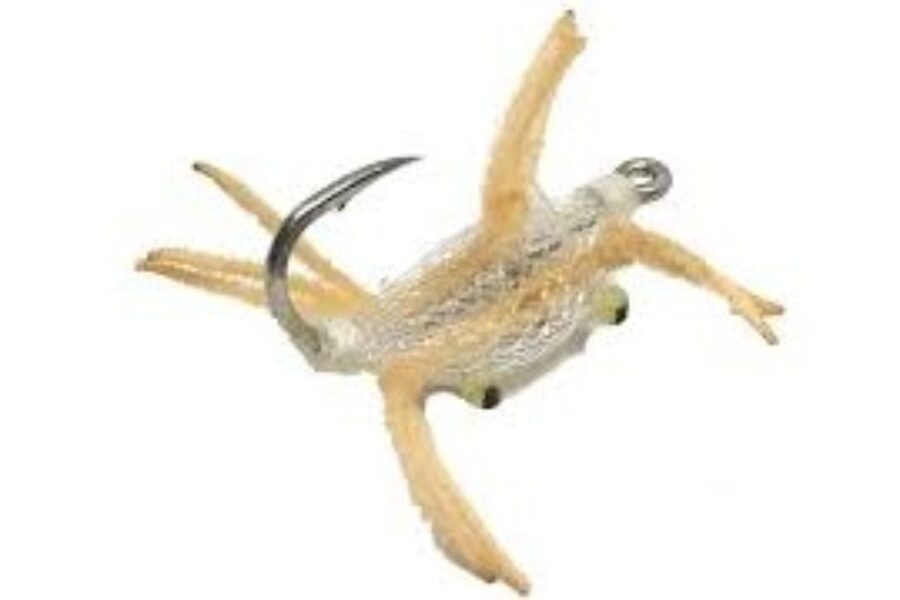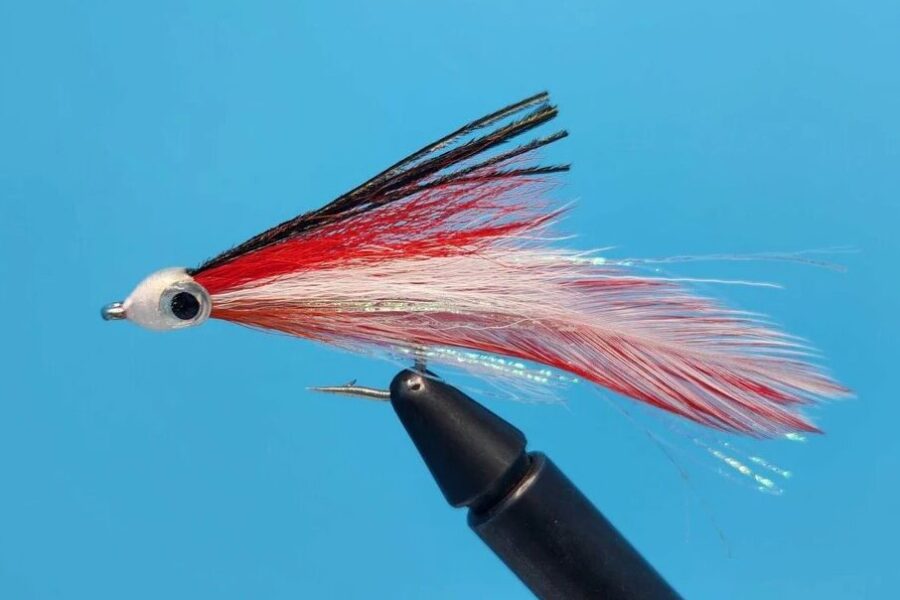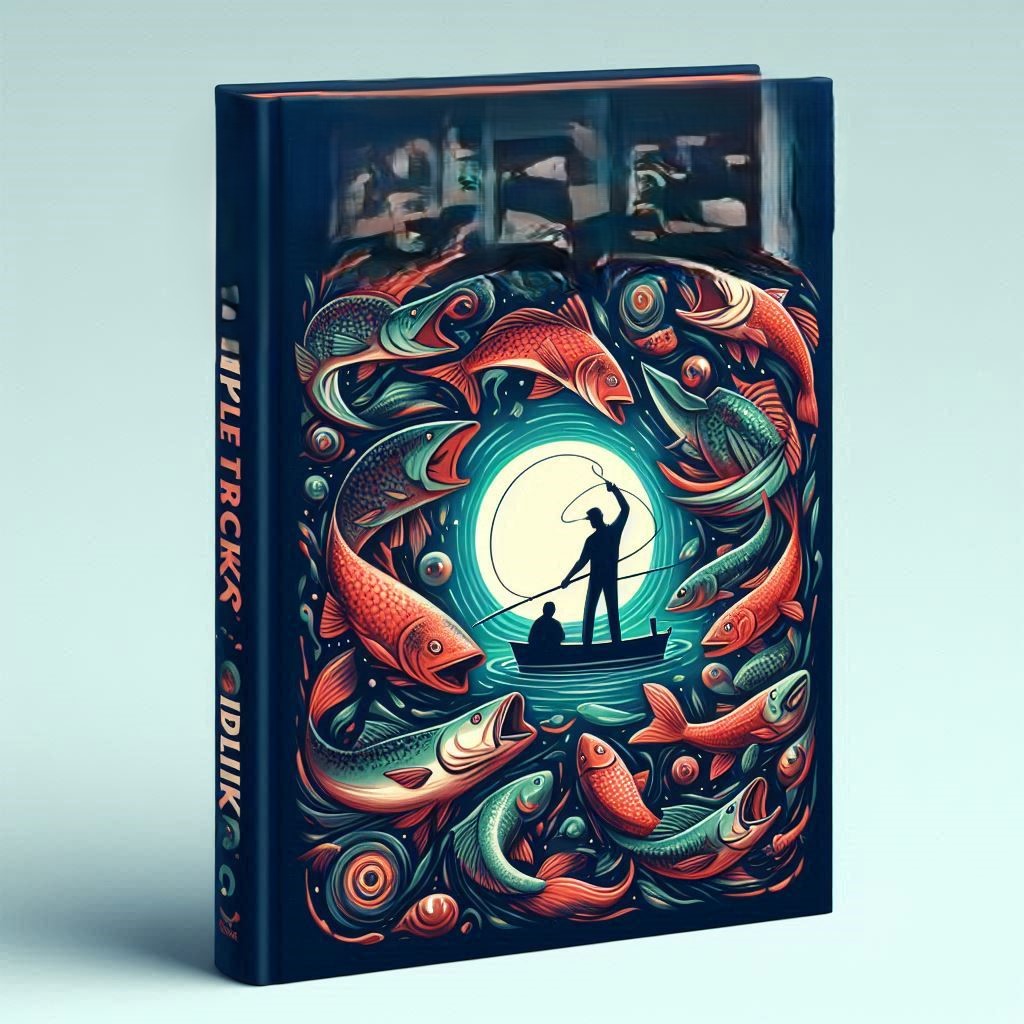Master the Art of Fishing here is a complete Guide
The Essential Joy of Fishing
Fishing remains one of humanity’s most enduring recreational activities, offering a unique blend of relaxation, skill, and connection with nature. While modern entertainment options have diversified how people spend their leisure time, fishing continues to provide invaluable experiences for millions of enthusiasts worldwide. This guide will help you understand why fishing is such a rewarding hobby and how to make the most of your time on the water.
Pre-Fishing Preparation
Weather and Safety Planning
Before heading out to fish, proper preparation is crucial for both success and safety. Always check the weather forecast thoroughly, as conditions can significantly impact your fishing experience and safety. Consider bringing a portable weather radio to stay informed about changing conditions, especially during longer excursions. This simple precaution can help you avoid dangerous situations and make better decisions about when to seek shelter.
Mastering Bait Selection
The secret to successful fishing often lies in bait selection. Live bait typically proves most effective, as it presents fish with their natural food sources. Fish are naturally attracted to the insects and small creatures that inhabit their local ecosystem. Common live bait options include worms, minnows, crickets, and grasshoppers – all of which can usually be found near the fishing location or purchased from local bait shops.
When using artificial lures, color selection becomes crucial. If you’re not getting bites, changing the lure color can make a significant difference. Fish are often attracted to bright colors that stand out in their environment, though the effectiveness of specific colors varies depending on water conditions and time of day. In murky water, vibrant colors like chartreuse or orange can help fish spot your lure, while natural, darker colors often work better in clear water.
Safety and Environmental Stewardship
Essential Safety Practices
Responsible fishing includes being mindful of both personal safety and environmental protection. When fishing near wooded areas or dry vegetation, exercise extreme caution with any fire sources, including cigarettes. Even in seemingly wet conditions, surrounding vegetation can quickly catch fire, potentially causing devastating environmental damage.
Never fish alone, especially in remote locations or challenging conditions. Having a fishing partner not only enhances the experience but also provides crucial safety backup in case of emergencies or accidents. Make sure someone knows your planned location and expected return time.
Advanced Fishing Strategies
Understanding Fish Behavior
Different species exhibit distinct habits and preferences. Bass often prefer areas with rocky structures, especially smallmouth bass in early spring when they seek warmer waters in shallow areas. They’re most active during dawn and dusk, making these prime fishing times.
Catfish respond well to strong-smelling baits like chicken livers, while panfish such as bluegill and crappie prefer smaller baits like insects or small artificial lures. Understanding these preferences helps target specific species more effectively.
Weather Impact on Success
Weather and fishing conditions are intimately connected. Overcast days often provide excellent fishing opportunities as the dim light causes fish to be more active in their search for food. During these conditions, fish may venture into shallow waters more readily, increasing your chances of a successful catch.
Specialized Saltwater Techniques
Essential Saltwater Fly Selection
For anglers venturing into saltwater fly fishing, selecting the right flies can make the difference between success and frustration. Among the vast array of popular online saltwater flies for sale, two legendary patterns stand out for their versatility and proven effectiveness: the Clouser Deep Minnow and the Bonefish Gotcha.
The Clouser Deep Minnow fly, created by Bob Clouser in the late 1980s, has revolutionized saltwater fly fishing. This innovative pattern features a distinctive inverted design with weighted eyes that create a jigging motion irresistible to predatory fish. When retrieved, the Clouser Deep Minnow darts and dives like an injured baitfish, triggering aggressive strikes from species like striped bass, redfish, and bluefish.
Advanced Fly Patterns
The Bonefish Gotcha fly, another cornerstone of saltwater fly fishing, emerged from the creative mind of Jim McVay in the Bahamas. This pattern has become the go-to choice for anglers pursuing the elusive bonefish on tropical flats. The Gotcha’s pale colored body, combined with flash materials and rubber legs, perfectly imitates the small crustaceans that bonefish feed upon.
Legal Requirements and Equipment
Understanding Regulations
While having the right flies and techniques is essential, understanding and following fishing regulations ensures sustainable enjoyment of the sport for years to come. Fishing licenses are mandatory in the United States, with requirements varying by state. Options typically include single-day or annual licenses, and it’s essential to obtain the appropriate permit before fishing.
Equipment Essentials
Proper equipment selection and maintenance significantly impact fishing success. Match hook sizes to your target species – use smaller hooks (sizes 10-14) for panfish and larger hooks (sizes 6-8) for species like bass and walleye. Keep your equipment well-maintained, including regular cleaning and inspection of lines, reels, and hooks.
Mastering Success
Developing Patience and Skills
Patience stands as perhaps the most crucial attribute for successful fishing. Don’t give up on a location too quickly – fish activity varies throughout the day, and sometimes waiting 30 minutes or more in one spot proves necessary. Various factors influence fish behavior, including water temperature, time of day, weather conditions, and seasonal patterns.
Knowledge Building
Research your target species thoroughly before fishing. Understanding their feeding habits, preferred habitats, and seasonal movements dramatically increases your chances of success. While fish aren’t known for their intelligence in the conventional sense, they possess strong survival instincts that make them naturally wary of potential threats.
The Complete Fishing Experience
Beyond the Catch
Beyond the obvious reward of potentially catching dinner, fishing offers numerous benefits. It provides an opportunity to disconnect from daily stresses, connect with nature, and develop patience and observational skills. Whether fishing alone or with family and friends, the experience creates lasting memories and teaches valuable lessons about persistence and the natural world.
As you gain experience, you’ll develop your own techniques and preferences, but always remember that fishing success comes from a combination of knowledge, patience, and respect for the environment. Start with these fundamentals, and you’ll be well on your way to becoming a successful angler.

